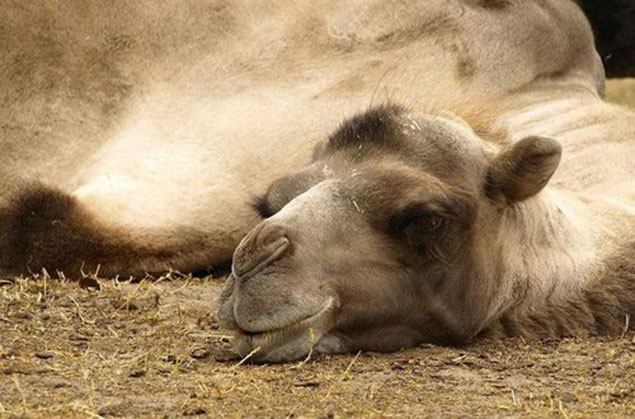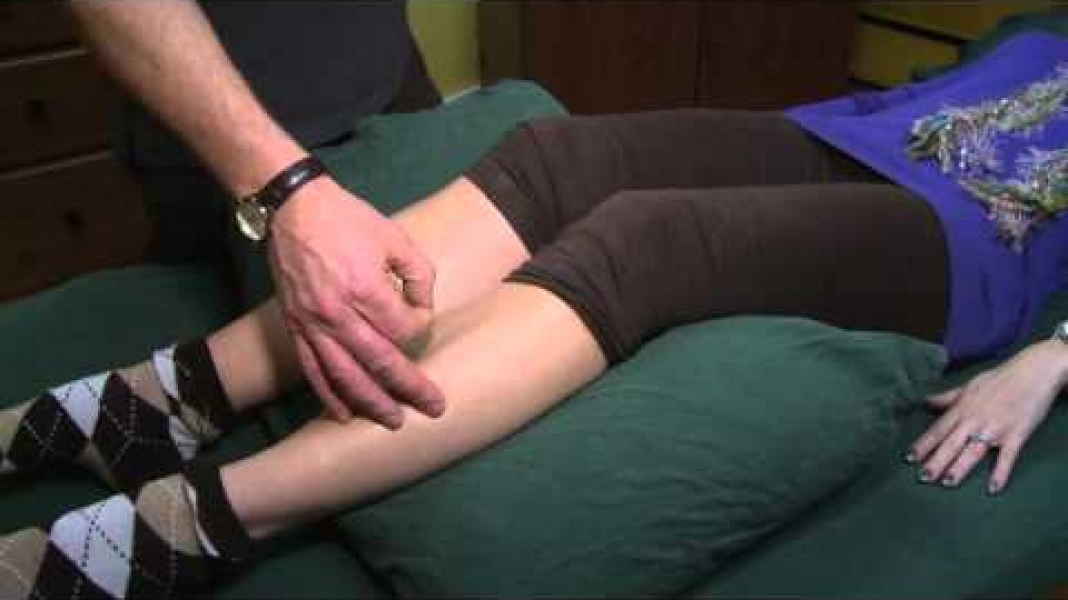

by Gord Grant PhD, RAc
“It was the last straw!” Have you ever used this saying? It is an ancient Arabic proverb dating back to a time when we used camels, or a similar animal like a horse or ox, for carrying our heavy loads.
The dictionary defines it as the very last thing one experiences in a long series of mishaps or disappointments that tips the balance to a final loss of patience, temper, trust, or hope. It is an apt metaphor I like to apply regarding our health, when a health problem emerges suddenly, or a sports injury occurs without any particular accident or trauma. Indeed, a cataclysmic failure of health can occur without clear warning. Oddly, the last correlated and reasonable cause – “last straw” – often seems relatively not potent enough to cause the problem on its own. Think of a woman who gets breast cancer after a stressful period in life; the stress is not enough to “cause” this is it? Or a guy gets back into soccer and his knee ligament gives out on a simple fall; it is not just that he is 40 and out of shape now? A 46 year old woman becomes clinically depressed after missing a promotion at work; she cannot blame menopause on her hypersensitivity, can she?
Unfortunately, the answer is not simple — as I am sure most of us will agree. It usually represents a complex series of interactions between genetics, environment, personality, and the myriad nuances of cause and vulnerability over a long, long time. I believe it becomes our unique story of aging.
Let’s play with this last straw metaphor a bit more: so the capacity of our body (and mind) represents the camel. Who is the camel owner then? It could be our perceptions and interpretations of our health and ability to function – what we can and should be able to endure – and the subsequent decisions we make in our actions, consciously or unconsciously. A good camel owner knows that she needs to look after her camel of course. You know, feed and water him well, rest him, and not overload or push him past his limits. But camels grow old, and the game changes. They need a little more rest time between journeys, and yes, they may not be as strong and flexible as they once were in the years past. They need more time to heal when they are injured. A good camel owner pays attention to subtleties. She should be noticing his mood, and energy, and other things. Are there little warning signs that come long before the camel falls?
We accept that normal aging influences the capacity of the body to regenerate and adapt. Our lifestyle can accelerate or delay this natural decline in function. Hormonal changes in men and women can change bone density due to decline of sex hormones, digestion disorders that come with age, and immune capacity and general ability of the body to regenerate decreases over time (injury repair takes longer, tissues less elastic). Long term stressors can sometimes tip the balance negatively, whether it is environmental, nutritional, or emotional. Perhaps this is why we expect so much of our camel? Our expectations of capacity and endurance was measured some time ago when he was younger and more fit, or maybe he had less on the go? So our camel is changing over time and we are not adjusting to that reality. Even if we can influence this rate of change by being a good camel owner, we still need to be mindful of his current resilience. We need to be realistic to make adjustments in our expectations and have this reflected in our actions accordingly.
So I ask you to reflect upon the last time you got really sick or injured unexpectedly. This process of life assessment can help prevent the next “last straw” in your health, even if it will not be the same scenario as the last time. By paying attention to the subtle and not-so-subtle warning signs (even if they are unrelated to the main complaint), we can realize that disease and injury processes are complex, and unique to each of us.
Before your camel fell, did you notice the trembling in your camel’s legs? How about the strain in his eyes, or a lack of energy and general enthusiasm for things going on around him? Did his appetite change? Or maybe you’re not feeding him so well lately and giving him the rest he needs?
Regardless, we can not be a good camel owner all the time. It is a fair mistake to make to overload our camels sometimes, since we can be so preoccupied with going here and there, moving and selling carpets or straw, checking our scrolls to fit everything into our busy calendars. We often just don’t have the mind or time to see things differently and adjust. But when we slow things down, even just a little, each day, or each week, to observe the subtle messages our camel is sending, it just may be profoundly important! Not only to avoid injuries, but also to improve our overall health and wellbeing. Our careers, and the relationships that matter in our lives will show it!




